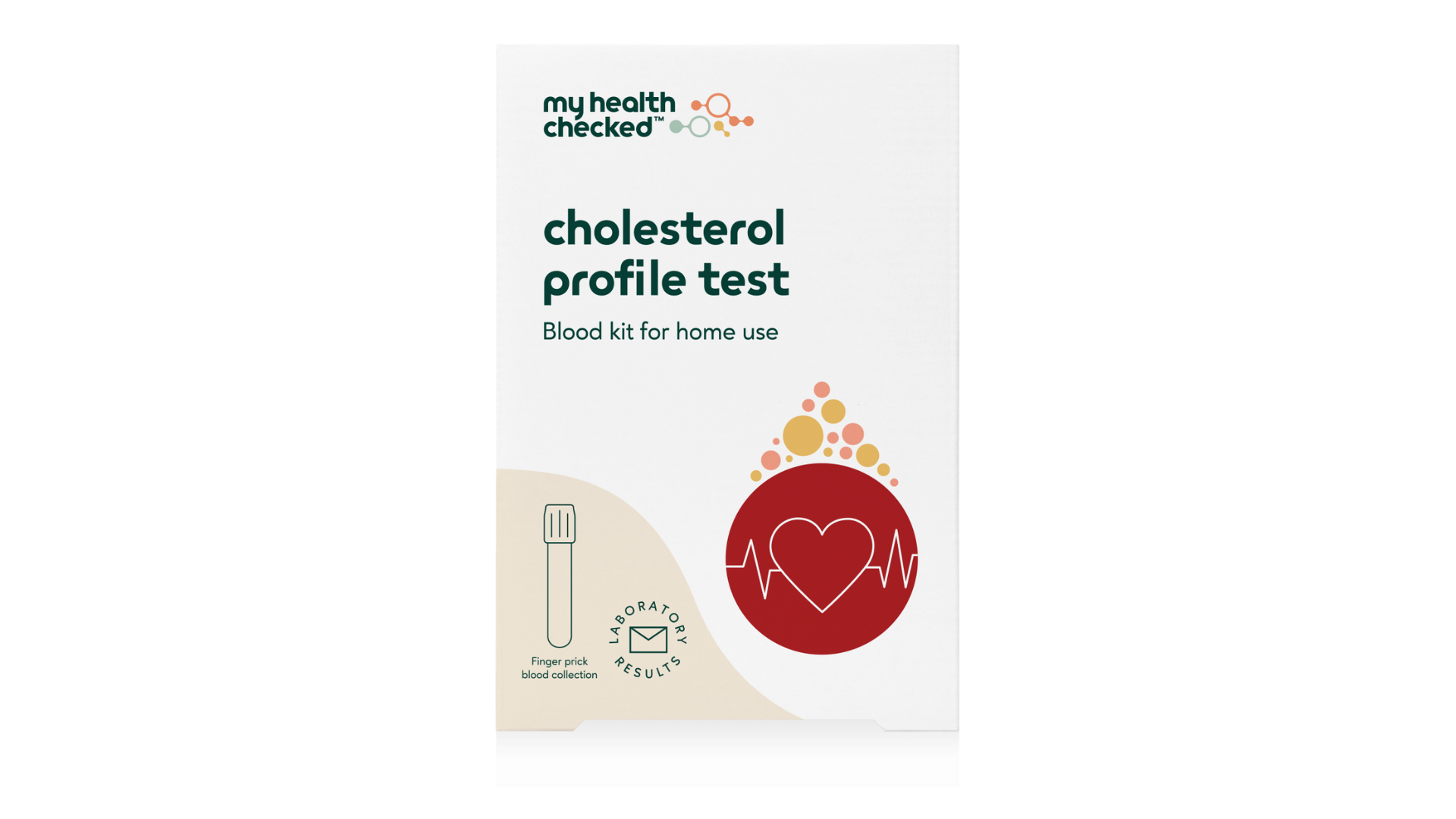Your heart and blood sugar: what you need to know
Ever wondered about the link between the sugar in your blood and the health of your heart? It turns out that understanding this connection is like finding the missing piece to a puzzle. In this article, let's explore the friendly side of glucose and its impact on heart health.
What is Glucose
Think of it as the energy superhero in your body. It comes from the food you eat, especially those delicious carbs, and powers up your cells and organs. Now, keeping a balance is crucial here – too much or too little glucose can stir things up, especially when it comes to matters of the heart.
Glucose and Heart Disease
Insulin and Diabetes
Sometimes our bodies can become a bit stubborn about letting glucose in. It's like a door refusing to open. This leads to insulin resistance and diabetes, where blood sugar levels rise, potentially causing trouble for our heart. We want to keep the doors open, so to speak, to keep our hearts happy (Sarwar et al., 2010).
Arteries and High Blood Sugar
Imagine your arteries as highways for blood to travel smoothly. But when there's too much sugar hanging around, it's like roadblocks and potholes appear. This is atherosclerosis, where plaque builds up, making the highways narrower and harder. Not great for a smooth ride and definitely not great for your heart. So, keeping the sugar levels in check is like maintaining smooth, traffic-free arteries (Ceriello et al., 2008).
Keeping Sugar in Check for a Happy Heart
Nutrition
A Mediterranean diet is recommended to maintain a healthy heart – whole grains, fruits, and veggies. They help keep your blood sugar levels in check, supporting your heart's wellbeing. Fiber-rich foods and lean proteins are also foods that can keep your heart happy (Hu et al., 2001).
Exercise
Exercise helps your body use glucose better and improves insulin sensitivity. Aim for at least 150 minutes of moderate-intensity exercise each week, like brisk walking. Don't forget strength training and activities like yoga to keep your heart in tip-top shape (Colberg et al., 2010).
Weight Management
Extra weight, especially around the belly, can lead to insulin resistance. So, a mix of a balanced diet and regular exercise to maintain a healthy weight is your ticket to heart happiness (Wing et al., 2011).
Stress
When stressed, our bodies release hormones that can mess with our hearts. Combat stress with walks, fresh air, or activities you enjoy. Even chatting with friends or trying mindfulness tricks like meditation can make a huge difference (Chandola et al., 2010).
Monitoring Your Heart

Regular check-ups of your blood sugar levels are like your heart's way of telling you how it's doing. With MyHealthChecked’s Cholesterol Profile Blood Test, you can get the lowdown on your long-term sugar control.
References
1. Ceriello, A., Taboga, C., Tonutti, L., Quagliaro, L., Piconi, L., Bais, B., ... & Motz, E. (2008). Evidence for an independent and cumulative effect of postprandial hypertriglyceridemia and hyperglycemia on endothelial dysfunction and oxidative stress generation: effects of short‐ and long‐term simvastatin treatment. Circulation, 118(10), 984-990.
2. Chandola, T., Britton, A., Brunner, E., Hemingway, H., Malik, M., Kumari, M., ... & Marmot, M. (2010). Work stress and coronary heart disease: what are the mechanisms? European Heart Journal, 31(13), 1567-1573.
3. Colberg, S. R., Sigal, R. J., Fernhall, B., Regensteiner, J. G., Blissmer, B. J., Rubin, R. R., ... & Braun, B. (2010). Exercise and type 2 diabetes: the American College of Sports Medicine and the American Diabetes Association: joint position statement. Diabetes Care, 33(12), e147-e167.
4. Donga, E., Dekkers, O. M., Corssmit, E. P., Romijn, J. A., & Diem, M. J. V. (2015). Cardiovascular risk in cortisol excess and the role of 11β-hydroxysteroid dehydrogenase type 1. Endocrine Reviews, 36(1), 136-152.
5. Hu, F. B., Manson, J. E., Stampfer, M. J., Colditz, G., Liu, S., Solomon, C. G., ... & Willett, W. C. (2001). Diet, lifestyle, and the risk of type 2 diabetes mellitus in women. New England Journal of Medicine, 345(11), 790-797.
6. Inzucchi, S. E., Bergenstal, R. M., Buse, J. B., Diamant, M., Ferrannini, E., Nauck, M., ... & Matthews, D. R. (2015). Management of hyperglycaemia in type 2 diabetes: a patient-centered approach. Diabetologia, 58(3), 429-442.
7. Krebs, H. A., & Krebs, E. G. (1980). The role of the pancreas in the metabolism of carbohydrates. Journal of Biological Chemistry, 255(9), 4133-4140.
8. Sarwar, N., Gao, P., Seshasai, S. R., Gobin, R., Kaptoge, S., Di Angelantonio, E., ... & Thompson, A. (2010). Diabetes mellitus, fasting blood glucose concentration, and risk of vascular disease: a collaborative meta-analysis of 102 prospective studies. The Lancet, 375(9733), 2215-2222.
9. Wing, R. R., Bolin, P., Brancati, F. L., Bray, G. A., Clark, J. M., Coday, M., ... & Wadden, T. A. (2011). Cardiovascular effects of intensive lifestyle intervention in type 2 diabetes. New England Journal of Medicine, 364(4), 219-227.
